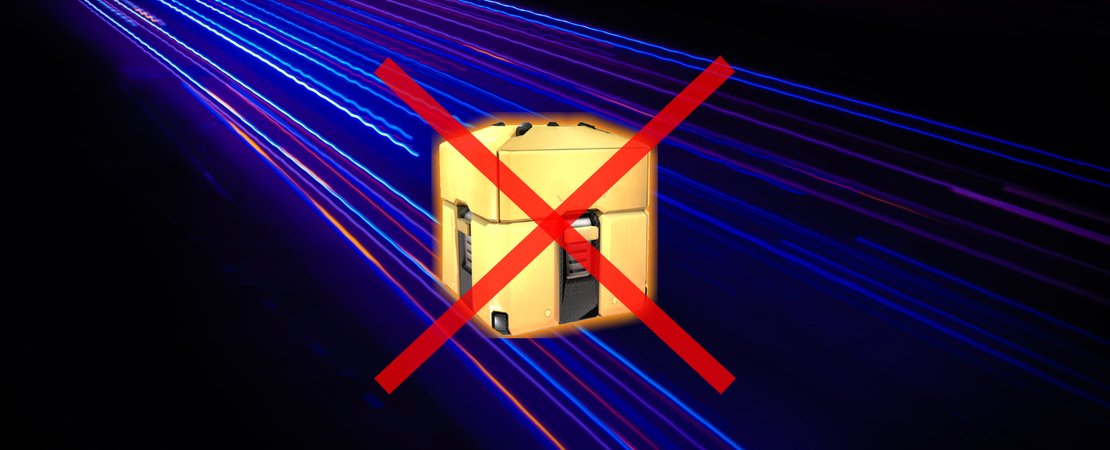The German parliament has passed a new youth protection law that could ban the sale of video games with loot boxes to minors. Loot boxes, which are often bought with in-game currency and then opened to receive a random item in the game, first appeared in video games in the early 2000s as a way to monetize them. Loot boxes are often compared to gambling and are controversial because they give players who spend real money on competitive games an advantage. A number of countries have therefore introduced regulations to restrict the use of loot boxes in games.
Epic Games and the Loot Boxes
Epic Games has also recently experienced loot box problems, after being forced to refund loot boxes after being confronted with a lawsuit. The lawsuit was filed by a minor player who claimed that the sale of loot boxes is misleading because Epic Games does not disclose the drop rates of items. At the end of last year, EA was sued by a group of people who claim that the company manipulates players to promote the purchase of loot boxes. The lawsuit claimed that EA Sports used its patented "Dynamic Difficulty Adjustment" technology to increase the difficulty in games like Madden and FIFA to persuade players to buy loot boxes to acquire better players.
The ban is part of the youth protection law that is intended to protect minors from incentives to purchase items or gambling-like activities in video games. Although loot boxes are not generally prohibited, games that contain loot boxes will now be subject to a higher age rating in Germany. The law still needs to be finally approved, but is expected to come into force in the spring.
